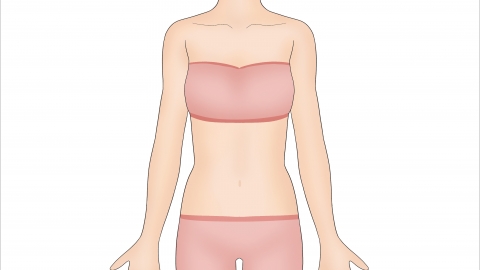Can I eat lychee after a miscarriage?
Generally speaking, women can eat lychees after a miscarriage, but the decision should be based on individual recovery and health status. If the body is recovering well and there are no abnormalities in blood sugar levels, moderate consumption of lychees is acceptable. However, if there are gastrointestinal discomforts or elevated blood sugar levels, excessive consumption of lychees is not recommended. Detailed analysis is as follows:

Women who are recovering well after a miscarriage, have normal gastrointestinal function, no allergy to lychees, and no abnormalities in glucose metabolism can consume lychees in moderation. This can help replenish nutrients such as vitamin C and glucose, providing energy for recovery. Lychees are warm in nature, and moderate consumption can help warm the body to some extent. The dietary fiber they contain can also promote intestinal motility, which is beneficial for post-miscarriage recovery.
If gastrointestinal function is weak after a miscarriage, with symptoms such as bloating, diarrhea, or other signs of indigestion, or if the woman has diabetes or poor blood sugar control, eating lychees may increase the burden on the gastrointestinal system or cause fluctuations in blood sugar levels, thus affecting recovery. In addition, women allergic to lychees may experience allergic reactions such as rashes and difficulty breathing after consumption. These individuals should avoid eating lychees.
After a miscarriage, consumption of lychees should be controlled in quantity. It is recommended to consume no more than 5–8 lychees per day. Fresh, ripe lychees should be selected, and chilled lychees should be avoided. Pay attention to any physical reactions while consuming them, and stop immediately if discomfort occurs. Lychees can be consumed together with protein-rich foods such as eggs and lean meat to maintain a balanced diet and promote recovery.









